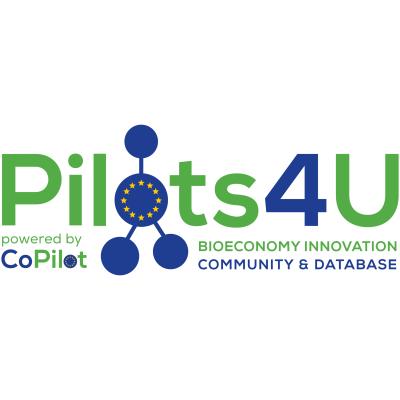
COPILOT
CO-creating the next generation platform of PILOT and demo infrastructures, unlocking faster innovation and EU bioeconomy growth

CO-creating the next generation platform of PILOT and demo infrastructures, unlocking faster innovation and EU bioeconomy growth
With an 18.6 million-strong workforce and over €2 trillion generated annually, the bioeconomy sector offers an important sustainable growth potential. However, bioeconomy innovators struggle to bring ideas from the lab to full-scale production due to the high investment required during the piloting phase, and this lowers the European competitiveness. The COPILOT project addresses this challenge by creating a comprehensive database of open access bioeconomy infrastructures embedded into a self-sustainable platform across Europe. The database will enable faster and cost-effective access to the infrastructure, while fostering collaborations through key services, training, and matchmaking opportunities.
The overall aim of the COPILOT project is to unify and interlink the bioeconomy ecosystem, integrating infrastructures, innovators, and enablers into one vibrant community. Moreover, COPILOT’s large consortium composed of clusters or start-up networks, spin-offs, corporations, investors, and public authorities will ensure a broad pool of expertise within the bioeconomy field and will cover all relevant EU regions.
The COPILOT project aims to implement a sustainable scale-up support framework to support the EU bioeconomy’s capacity building, and thus stimulate innovation and accelerate the growth of bioeconomy innovators. Key objectives include:
By uniting all bioeconomy innovators, COPILOT will enhance the scientific and technological capabilities necessary to fully harness the EU's potential for bio-based industrial activities. COPILOT's contributions include: